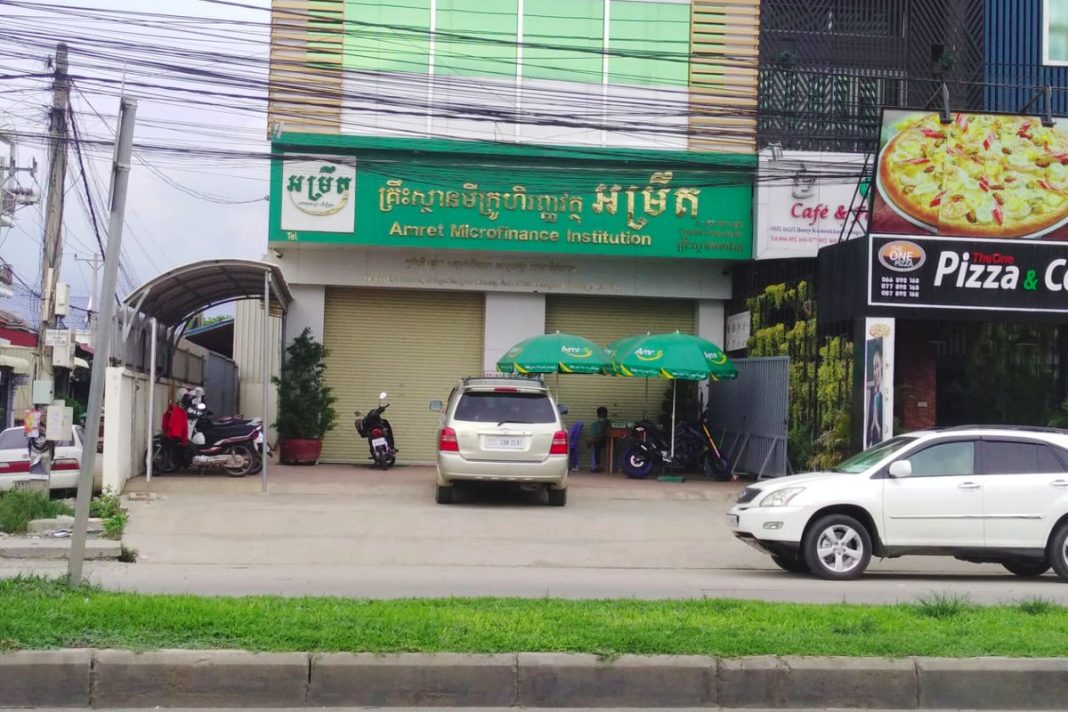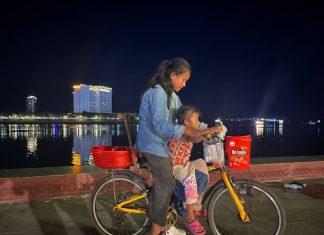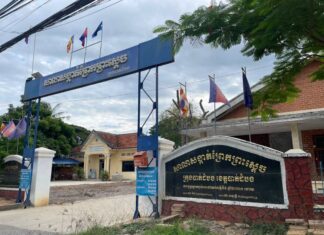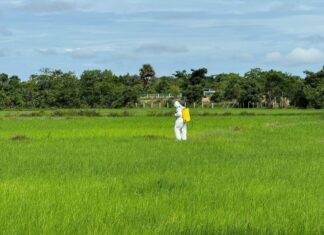New York-based Human Rights Watch on Tuesday called on the government to suspend debt collection and interest accruals for microfinance borrowers in Cambodia, as the growing debt burden for millions in the country has come increasingly under the spotlight.
Drawing on a recent report by local rights group Licadho, Human Rights Watch said the country’s microfinance borrowers held an average loan of $3,804. The figure is twice the average annual national income.
Local NGOs have highlighted the mounting struggles among the country’s more than 2 million microloan borrowers, with the economy having lost more than 150,000 jobs in the garments sector alone amid the global coronavirus outbreak. Credit Bureau Cambodia’s report for the first quarter of this year shows the nonperforming loan rate for consumer credit growing 62 percent quarter-on-quarter.
“Many Cambodians fear losing their land more than catching the coronavirus because they can’t pay back their loans and the government has done little to help them,” said Human Rights Watch’s deputy Asia director, Phil Robertson.
Indebted families risk having to sell land and housing they depend on to survive, the group said in a statement.
“The government’s response has been insufficient to protect borrowers and violates their rights to an adequate standard of living, notably access to adequate housing,” it said, citing the government’s obligations under the International Covenant on Economic, Social and Cultural Rights. “The micro-loan providers are likewise failing in their human rights responsibilities to borrowers.”
Kaing Tongngy, head of communications at the Cambodia Microfinance Association, said lenders acknowledged Human Rights Watch’s concerns and they had already helped 230,000 borrowers by deferring repayments for three to six months on loans worth $1.1 billion.
“For customers facing real impacts, it will be very helpful for them to have enough time to hold on until they can stand again in their business,” Tongngy said.
Ath Thorn, president of the Cambodian Labor Confederation, however, said that despite deferring payments, interests continued to accrue for many borrowers.
“If it doesn’t need to be paid for three months, but interest still accrues for those three months, it is not good. I don’t support that,” Thorn said. “Doing it this way means the banks still hold [borrowers] by the throat. It’s not difficult for the banks. They’ve earned plenty of profit in the past.”
According to a World Bank report, there has been an “explosion” in microloan sizes in recent years, growing more than tenfold in five years to 2019. The loans have been increasingly directed to consumption rather than productive investments, it says.
“Risks are increasing for MFIs and for the Cambodian economy in general,” the World Bank report says.












